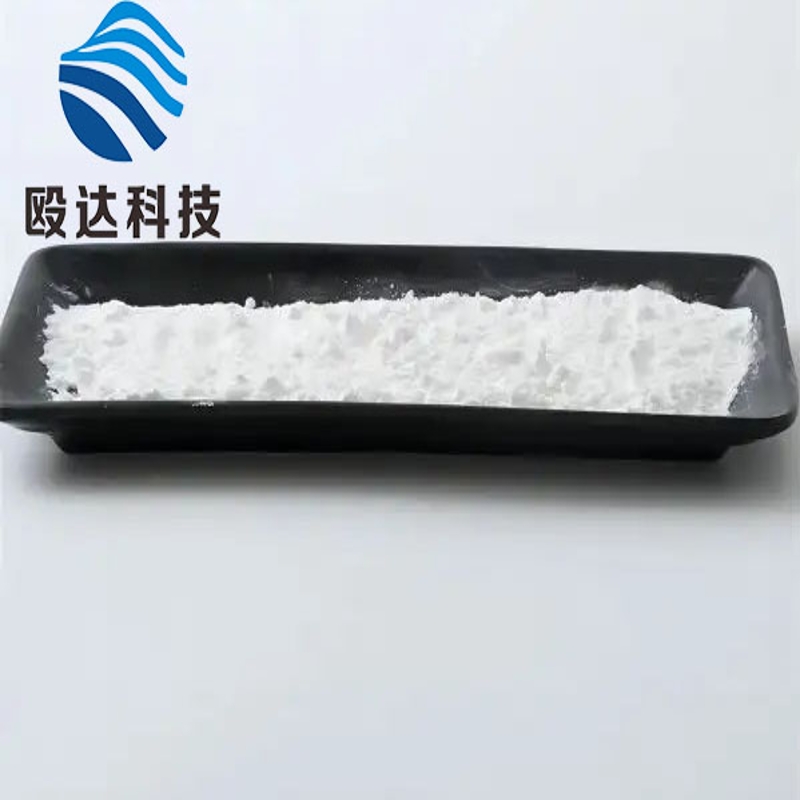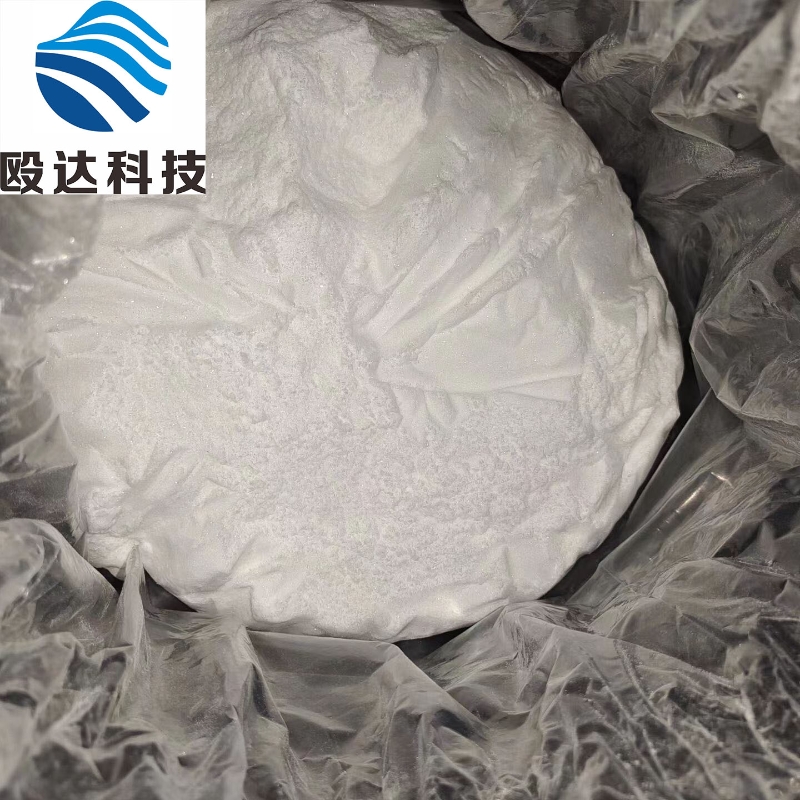-
Categories
-
Pharmaceutical Intermediates
-
Active Pharmaceutical Ingredients
-
Food Additives
- Industrial Coatings
- Agrochemicals
- Dyes and Pigments
- Surfactant
- Flavors and Fragrances
- Chemical Reagents
- Catalyst and Auxiliary
- Natural Products
- Inorganic Chemistry
-
Organic Chemistry
-
Biochemical Engineering
- Analytical Chemistry
- Cosmetic Ingredient
-
Pharmaceutical Intermediates
Promotion
ECHEMI Mall
Wholesale
Weekly Price
Exhibition
News
-
Trade Service
Drinking beer or distilled alcohol is positively correlated with the risk of gout, and beer may be more relevant; even occasionally drinking alcohol can increase the risk of gout attacks; in addition to alcohol, some non-alcoholic components (such as purines) in some alcoholic beverages It may also enhance the effect of alcohol in raising uric acid; it is recommended that patients with gout refrain from drinking any type of alcoholic beverages; the daily intake of purines for patients with gout or HU should be less than 400mg; a vegetarian diet may be the ideal diet for the treatment of gout.
Uric acid is the final product of purine metabolism.
About 70% of uric acid is excreted through urine, and 30% is excreted through the gastrointestinal tract.
The causes of hyperuricemia (HU) include insufficient uric acid excretion (90% of cases) and overproduction of uric acid (10%).
The risk factors of HU can be roughly divided into two categories: exogenous factors (excessive drinking, obesity, etc.
) and endogenous factors (male, old age, etc.
).
It is generally believed that alcohol consumption is an important risk factor for elevated uric acid and gout attacks.
Recently, Polish scholars have carried out a study aimed at exploring the relationship between alcohol and blood uric acid levels and analyzing the effects of various alcoholic beverages on gout.
The research was published online on April 19 in the journal Crit Rev Food Sci Nutr.
(impact factor: 7.
862).
Research Introduction The researcher searched PubMed, Google Scholar, and Medline Complete databases published in English documents from 2000 to 2021.
The search terms were set as "uric acid and alcohol", "alcoholic beverages and gout", "hyperuricemia and alcohol" Drink consumption".In the end, the study included 15 articles, but the conclusions in the article are not exactly the same: most studies confirm that drinking beer or high alcohol is positively associated with the risk of gout, and beer may be more relevant; most scholars believe that even occasionally Drinking alcohol is also significantly related to the onset of gout; some scholars believe that wine is one of the triggers of gout; but some people say that drinking wine in moderation can prevent gout.
A Chinese study involving 120 gout patients and 135 controls showed that drinking is one of the most important risk factors for gout; a study involving 223 male HU patients showed that in addition to alcohol abuse, occasional alcohol consumption is also an important cause of gout ; Another Chinese study involving 2176 participants found that drinking beer is an independent risk factor for increased risk of male hyperuricemia.
The study conducted by American scholar Choietal et al.
also reached a similar conclusion: drinking high alcohol is significantly related to gout; and compared with high alcohol, drinking beer is more related to the risk of gout; while drinking wine has no significant correlation with gout.
However, in the study conducted by ChoiandCurhan et al.
, wine intake was negatively correlated with blood uric acid levels.
Another study, involving 724 participants, showed that occasional drinking (no matter what kind of alcoholic beverage) is associated with an increased risk of recurrence of gout.
Discussion and conclusion As far as the mechanism is concerned, ethanol can reduce the excretion of uric acid, thereby increasing the content of uric acid in the serum.
Most of the above studies have also confirmed that alcohol consumption is positively correlated with blood uric acid levels.
Even occasional alcohol consumption also increases the risk of gout.
Therefore, gout patients or high-risk groups must control their drinking.
However, the relationship between wine and gout is controversial.
The non-alcoholic components in wine (such as polyphenols with antioxidant effects) may reduce the effect of alcohol on blood uric acid levels.
Therefore, drinking wine in moderation may not increase blood uric acid levels.
Some scholars believe that in addition to alcohol, some non-alcoholic components in alcoholic beverages may also affect blood uric acid levels, and the most likely non-alcoholic component is purine.
Beer is recognized as an alcoholic beverage containing a large amount of purines.
The purines in beer may enhance the effect of alcohol in raising blood uric acid levels.
Therefore, the author stated that in order to prevent gout attacks, it is recommended that gout patients or high-risk groups prohibit drinking any type of alcoholic beverages.
Even though a variety of drugs are available to treat HU and gout, life>
There are data showing that daily intake of 500 mg of vitamin C, a certain amount of coffee and milk may reduce blood uric acid levels and the risk of gout attacks.
Some scholars suggest that the daily purine intake of patients with gout or HU should be less than 400mg.
Another study showed that lacto-egg vegetarians had the lowest blood uric acid levels, followed by vegans, and finally non-vegetarians.
Therefore, researchers believe that a vegetarian diet may be the ideal diet for the treatment of gout: it can not only reduce uric acid and inflammation, but also prevent gout-related comorbidities.
Reference: Nieradko-Iwanicka B.
The role of alcohol consumption in pathogenesis of gout[J].
Crit Rev Food Sci Nutr.
2021 Apr 19:1-9.
Uric acid is the final product of purine metabolism.
About 70% of uric acid is excreted through urine, and 30% is excreted through the gastrointestinal tract.
The causes of hyperuricemia (HU) include insufficient uric acid excretion (90% of cases) and overproduction of uric acid (10%).
The risk factors of HU can be roughly divided into two categories: exogenous factors (excessive drinking, obesity, etc.
) and endogenous factors (male, old age, etc.
).
It is generally believed that alcohol consumption is an important risk factor for elevated uric acid and gout attacks.
Recently, Polish scholars have carried out a study aimed at exploring the relationship between alcohol and blood uric acid levels and analyzing the effects of various alcoholic beverages on gout.
The research was published online on April 19 in the journal Crit Rev Food Sci Nutr.
(impact factor: 7.
862).
Research Introduction The researcher searched PubMed, Google Scholar, and Medline Complete databases published in English documents from 2000 to 2021.
The search terms were set as "uric acid and alcohol", "alcoholic beverages and gout", "hyperuricemia and alcohol" Drink consumption".In the end, the study included 15 articles, but the conclusions in the article are not exactly the same: most studies confirm that drinking beer or high alcohol is positively associated with the risk of gout, and beer may be more relevant; most scholars believe that even occasionally Drinking alcohol is also significantly related to the onset of gout; some scholars believe that wine is one of the triggers of gout; but some people say that drinking wine in moderation can prevent gout.
A Chinese study involving 120 gout patients and 135 controls showed that drinking is one of the most important risk factors for gout; a study involving 223 male HU patients showed that in addition to alcohol abuse, occasional alcohol consumption is also an important cause of gout ; Another Chinese study involving 2176 participants found that drinking beer is an independent risk factor for increased risk of male hyperuricemia.
The study conducted by American scholar Choietal et al.
also reached a similar conclusion: drinking high alcohol is significantly related to gout; and compared with high alcohol, drinking beer is more related to the risk of gout; while drinking wine has no significant correlation with gout.
However, in the study conducted by ChoiandCurhan et al.
, wine intake was negatively correlated with blood uric acid levels.
Another study, involving 724 participants, showed that occasional drinking (no matter what kind of alcoholic beverage) is associated with an increased risk of recurrence of gout.
Discussion and conclusion As far as the mechanism is concerned, ethanol can reduce the excretion of uric acid, thereby increasing the content of uric acid in the serum.
Most of the above studies have also confirmed that alcohol consumption is positively correlated with blood uric acid levels.
Even occasional alcohol consumption also increases the risk of gout.
Therefore, gout patients or high-risk groups must control their drinking.
However, the relationship between wine and gout is controversial.
The non-alcoholic components in wine (such as polyphenols with antioxidant effects) may reduce the effect of alcohol on blood uric acid levels.
Therefore, drinking wine in moderation may not increase blood uric acid levels.
Some scholars believe that in addition to alcohol, some non-alcoholic components in alcoholic beverages may also affect blood uric acid levels, and the most likely non-alcoholic component is purine.
Beer is recognized as an alcoholic beverage containing a large amount of purines.
The purines in beer may enhance the effect of alcohol in raising blood uric acid levels.
Therefore, the author stated that in order to prevent gout attacks, it is recommended that gout patients or high-risk groups prohibit drinking any type of alcoholic beverages.
Even though a variety of drugs are available to treat HU and gout, life>
There are data showing that daily intake of 500 mg of vitamin C, a certain amount of coffee and milk may reduce blood uric acid levels and the risk of gout attacks.
Some scholars suggest that the daily purine intake of patients with gout or HU should be less than 400mg.
Another study showed that lacto-egg vegetarians had the lowest blood uric acid levels, followed by vegans, and finally non-vegetarians.
Therefore, researchers believe that a vegetarian diet may be the ideal diet for the treatment of gout: it can not only reduce uric acid and inflammation, but also prevent gout-related comorbidities.
Reference: Nieradko-Iwanicka B.
The role of alcohol consumption in pathogenesis of gout[J].
Crit Rev Food Sci Nutr.
2021 Apr 19:1-9.







